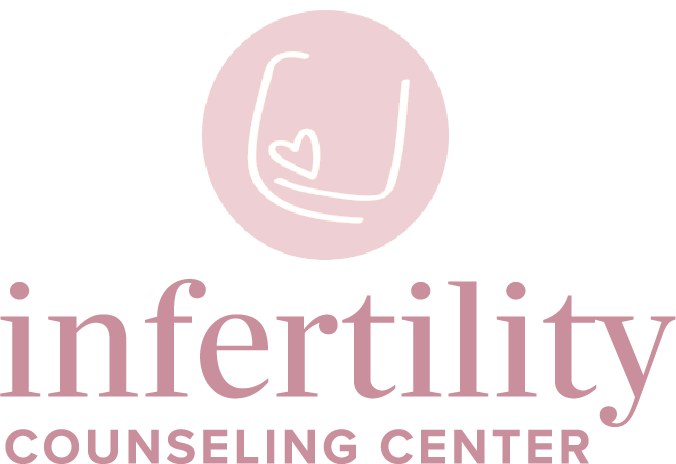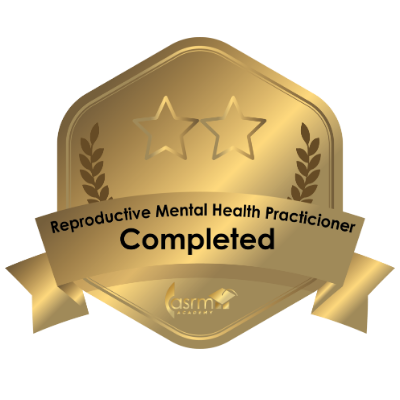Scroll down for FREE Coping Skills PDF
Just a heads up: this blog post isn’t a list of coping skills. It’s my advice on how to use coping skills. I have a handout on my website for a list of coping skills, or scroll down to download a free copy! This would be a great thing to download and keep on your phone where you can see it when you need it.
Everyone experiences negative emotions, it’s a normal part of our human experience. Sometimes they might not seem like a big deal, but sometimes it feels all-consuming. In the minor, the huge, and the in-between, it’s important to have coping skills; tools that you can use to manage these emotions and decrease your distress.
And this doesn’t only relate to infertility. Hard things happen in work or relationships. It’s helpful to realize that you can apply your coping skills to a failed IVF transfer, or to hurt feelings from a misunderstanding with a friend.
I view coping skills in three categories: Mindful, Self-Care, and Distracting. They all have their place, and I think they are all important. However, it’s important not to focus solely on one of these categories. Let’s talk about each of the categories, and then we’ll discuss how to keep it balanced.
-
- Mindful Coping Skills
Mindful coping skills are essential to process your emotions. This can take the form of using mindfulness, such as yoga or meditation. It can also be actively processing, like journaling or talking to a friend/family member about the feeling. It’s important to work through emotions, instead of just burying, avoiding, or distracting.
2. Self-Care Coping Skills
Self-care is important to refill the bucket. When you’re working through emotions, especially big heavy ones like infertility grief, self-care is essential. You can’t sit in the negative emotions all the time, you need a break. Most people know what this looks like: a visit to the salon or taking a nap are good examples.
3. Distracting Coping Skills
This is a tough one. It is not advisable to always distract or avoid feeling your feelings. But sometimes it can be helpful to have these tools in your box. One of the most common scenarios with infertility is the 2-week wait. Most people feel anxious during this time, but acknowledging that, and even processing it doesn’t always make it go away. So it can be helpful to distract yourself during that time. Distraction looks like reading or watching your favorite TV show.
Now that you know the difference, let’s talk about keeping it balanced. Here’s an analogy: When swimming the length of the pool, you can probably get from one end to the other by just doggy-paddling. But it’ll be so much more efficient to use your hands and arms fully, your legs for kicking, and your breath correctly. You’re using multiple systems to make something easier for you. Coping skills are similar. It’s healthy to process your emotions, but if you’re doing it constantly without taking breaks, you might be left feeling burnt out or empty. Only distracting is not a healthy way to manage your emotions. But if you use all three of these categories, you can be much more efficient in processing things.
It’s important to use all of these in different moments. And we can be a bit like scientists, and experiment and see what coping skill works in what moments. The only way to figure it out is by trying them. Add your own, based on your hobbies or preferences. Also, it’s okay to decide that some of these don’t work for you. This is your personal tool box, so make it your own.
If you’re having a hard time figuring out how to implement coping skills, contact us. We’d be happy to help you work through emotions and learn how and when to use coping skills.
What are your go-to coping skills? What are some new ones that you want to try?
Share this story
Julie Potter, LCSW is a psychotherapist based in Kansas City, MO providing individual, couple and group therapy for people struggling with infertility and family building challenges. She offers in-person sessions as well as remote sessions for people based in Missouri, Kansas, Idaho and Utah.











